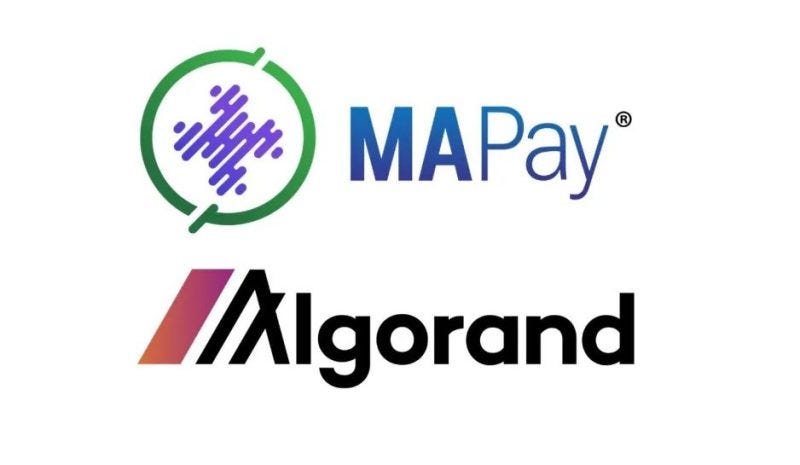MAPay to Create First 100 Million NFTs for Digital Health Records on the Algorand Blockchain
Built on Algorand, and in partnership with the Government of Maharashtra in India, NFT technology will be used for storing personal health data for the first time
MAPay, a global healthcare technology firm with a focus on decentralized payment networks, unveiled its partnership with the Ministry of Public Health and Family Welfare in the Government of Maharashtra, India, to provide NFT technology that will store personal health data on the blockchain for the first time. Built on Algorand, the first deployment will introduce upwards of 100 million NFTs for this purpose.
MAPay will use its proprietary NFT technology to enable secure, decentralized storage. This application for NFTs will help eliminate intermediaries in the healthcare system that routinely cause bottlenecks, introduce risk, and drive up costs for all parties – including patients; public, private, and government health providers; insurance companies; and banks.
With key healthcare partnerships in the U.S. and beyond, MAPay will use the Algorand blockchain as the backbone for future advancements in the sector. In collaboration with leading organizations focused on advancing interoperability and payments in healthcare, MAPay seeks to implement a patient-driven data exchange that aids in population health management and better overall outcomes. The firm is working alongside large pharma, insurers, health systems, banks and governments.
"Our vision and passion is aligned with our global partners: to democratize healthcare. We want to truly transform Healthcare to Humancare," said MAPay CEO Michael Dershem. "This use case is a perfect real-world application of blockchain technology. The impact on individuals and society as a whole is what we wake up to accomplish every day."
The Algorand blockchain has experienced zero downtime since launch. Its sustainable, carbon-negative technology offers immediate transaction finality, consensus and network-level security, and advanced smart contracts built for scalability. The open, public infrastructure powers participation, transparency, and efficiency with real-world applications spanning many industries, including healthcare, finance, humanitarian aid, government, sports, entertainment, and more.
"As a clinician and a participant in shaping public health policy, I recognize the need for reliable integration and storage of clinical health records. This digital infrastructure is critical in building autonomous AI solutions, especially where accurate, accessible healthcare is not easily available," said Dr. Sabine Kapasi, UN Health Policy and Governance Strategy lead. "This technology is transformational. Its transference and acceptance globally once seemed unimaginable; but now it is within reach."

